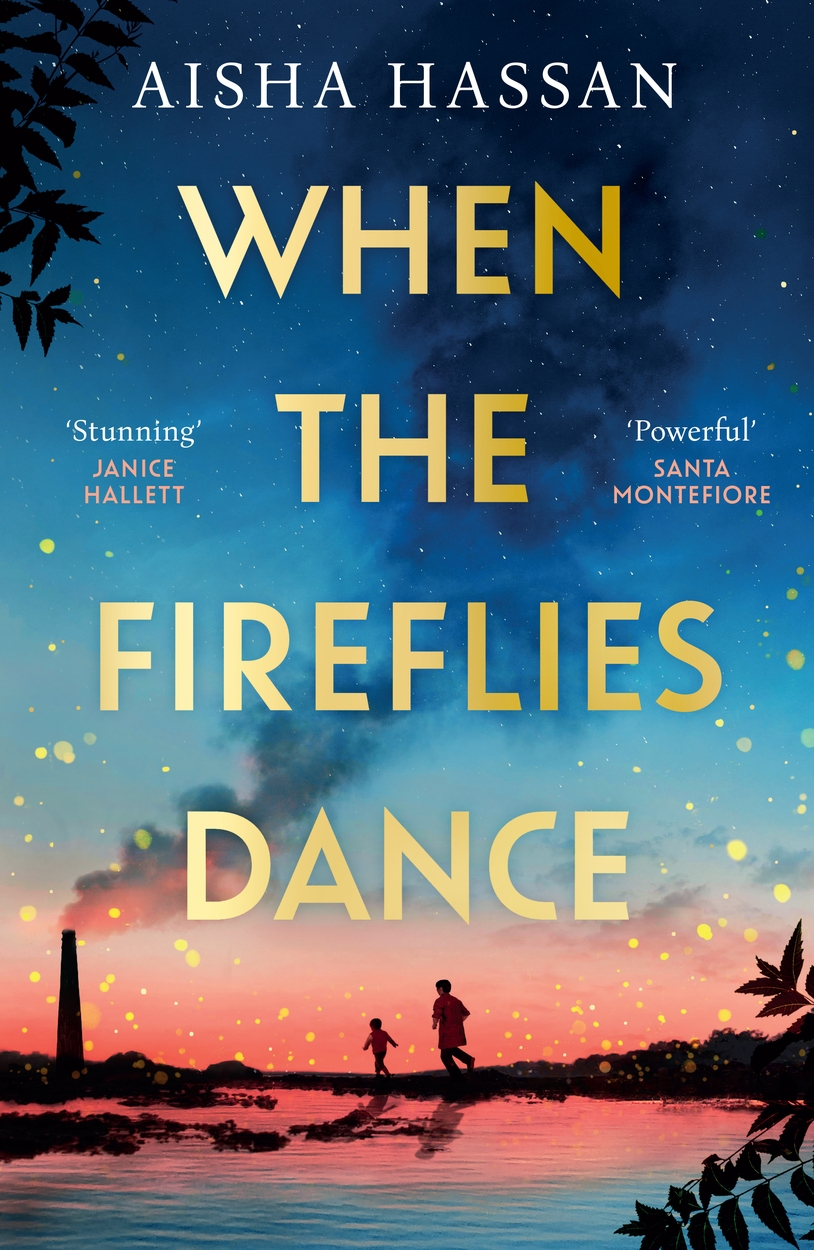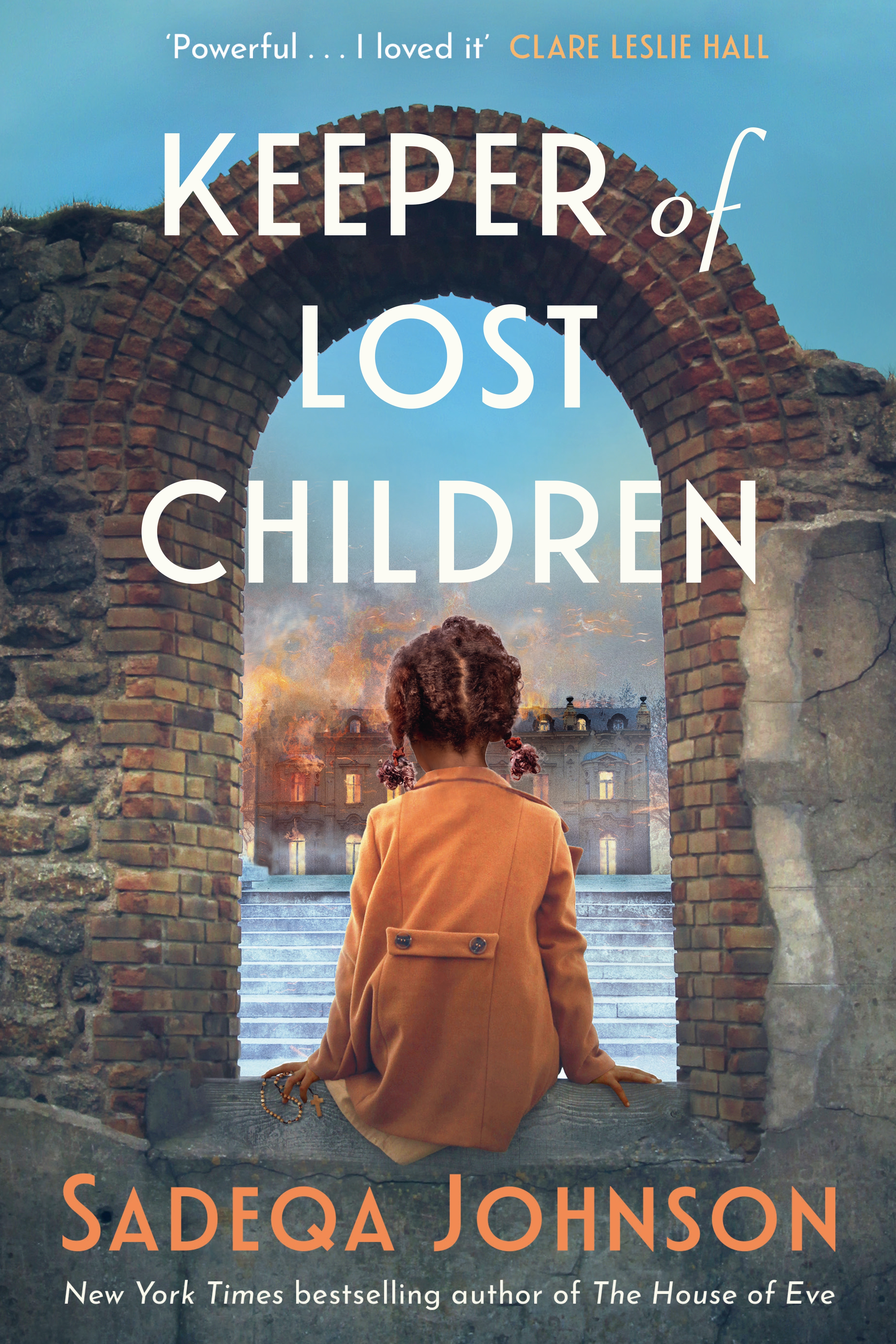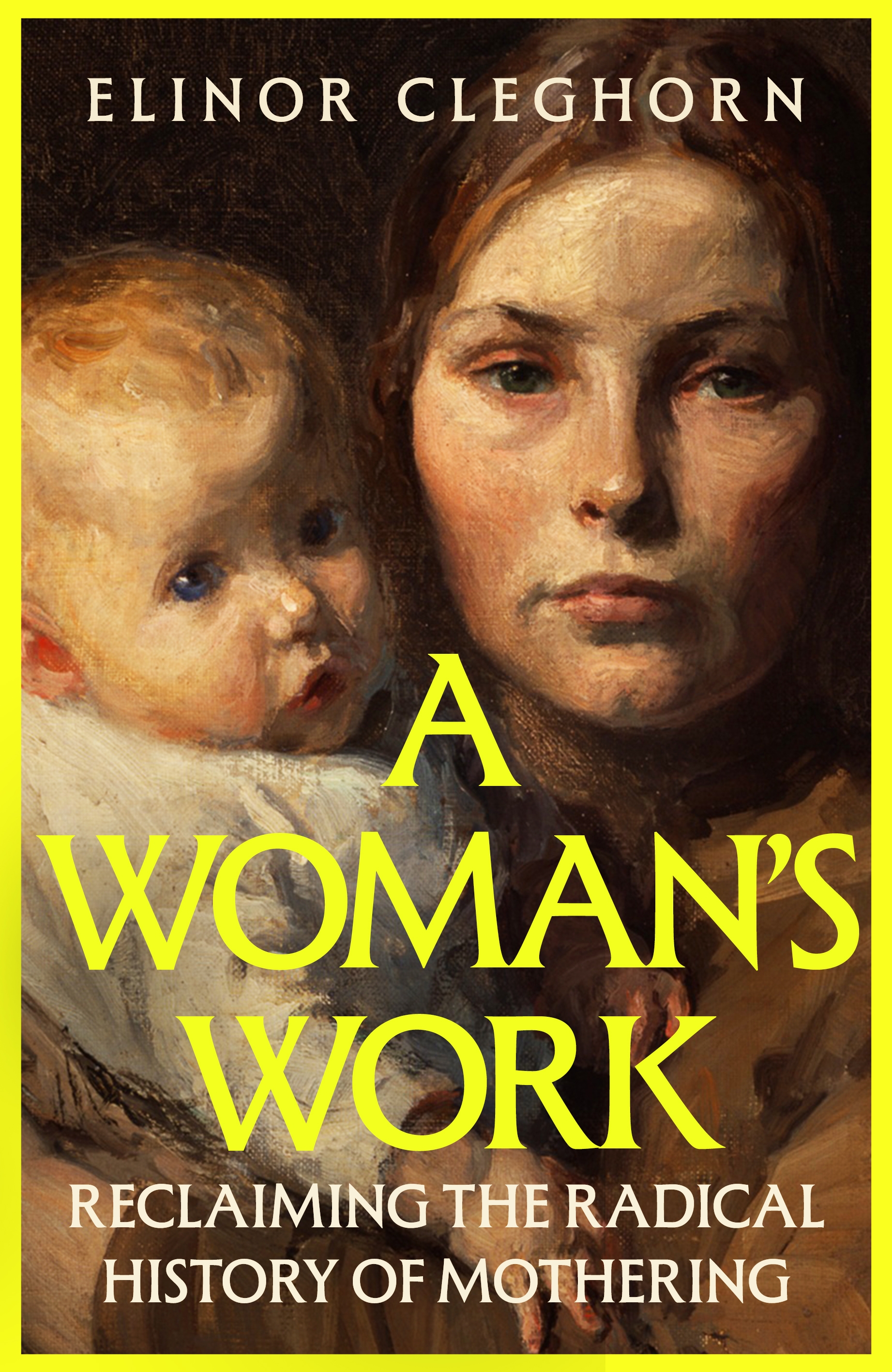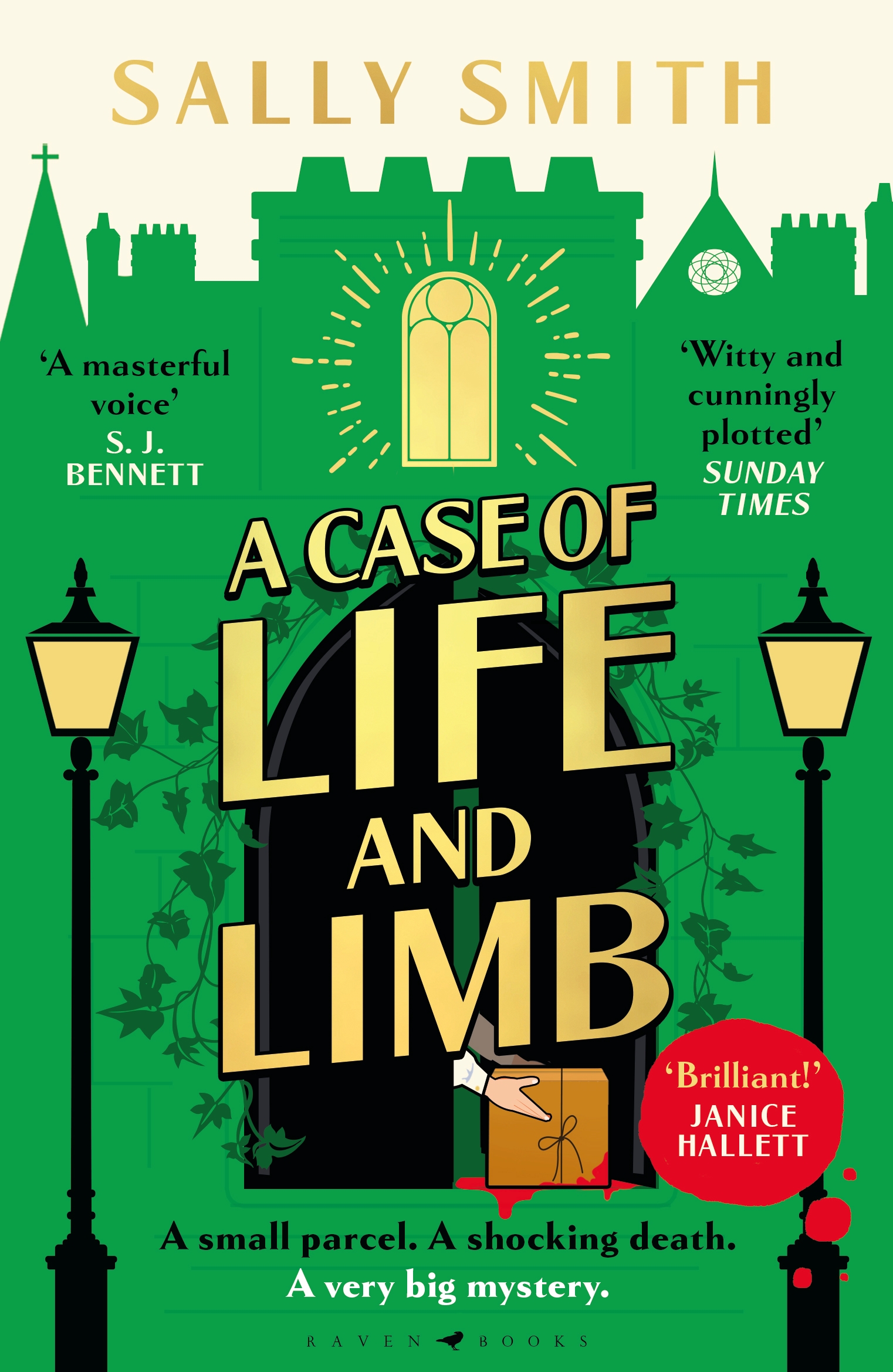A Song for Issy Bradley

As seen:
By Carys Bray
avg rating
1 review
Tells the story of Ian – husband, father, maths teacher and Mormon bishop – and his unshakeable belief that everything will turn out all right if he can only endure to the end, like the pioneers did.
TweetReviews
St Just Monday Morning Reading Group 25th March 2024.
A Song for Issy Bradley. Carys Bray.
This was a book which engendered a lot of discussion amongst our group.
The first reaction of several readers was extreme irritation or anger at the Mormon church, particularly its patriarchalism and what was seen as its invasion of all areas of private, family and social life with its petty precepts and trite instructions about how to live. Various examples of this were cited, and we were united in our disapproval of the whole Mormon concept.
However, beyond this rejection of the religious principles described in the book we discovered we had another set of opinions. The book portrays, very convincingly, we agreed, a cast of characters who are trying to deal with the death of a family member (Issy). All of them are struggling, in different ways: all of them are sad and traumatised by the sudden death of the little girl. Ian feels responsible, tries to apply Mormon precepts to the bereavement, and attempts earnestly to hold the family together. Claire resigns from family life and stays in bed, presumably suffering from clinical depression. The children, Al, Zippy and Jacob, try to stay on track but veer off it in different ways. The author depicts all this from their various points of view, and persists with it throughout, in what we saw as a remarkable piece of writing.
We talked about the various characters and their actions. Ian, we thought, was a well-meaning man, brought up as a Mormon and trying to do his best. Having been promoted to the rank of bishop, he was obliged to fulfil the role as well as he could, even if this involved covering up what was happening at home and that his household was falling apart because of his wife’s depression. At the end, we noted, he reversed his usual practice of putting the Church before his family, and told one of the sisters that he was busy (his wife having disappeared) and could not attend. Alma (whose name we looked up and found to be that of a Mormon prophet) was a character with whom it was easy to sympathise – we discussed what objections the Mormon church might have towards Al’s desired career as a footballer, and why Al stole money from his mother. Al’s struggles to replace this money provided one of the (few) humorous elements of this story. Zippy’s experiences with her boyfriend were noted, and also that this boyfriend looked as if he was going to refuse his Mission, one of the important elements of the church for young men. Jacob, the youngest boy, was also sympathised with, particularly when it was revealed to him, all in the same day, that his goldfish had not actually died and been resurrected, and that Father Christmas and the Easter Bunny are not real, but the beliefs of the Mormon church were still to be respected and adhered to.
Comparisons were made with The Handmaid’s Tale, and with Tara Westover’s Educated.
We discussed what happened at the end of the book, and decided that we thought Claire returned to her family rather than walking into the sea, and that perhaps the family were on the road to recovering themselves and becoming more balanced. We wondered, without seeing the answer, what a Mormon might think of this book, if they were allowed to read it.






